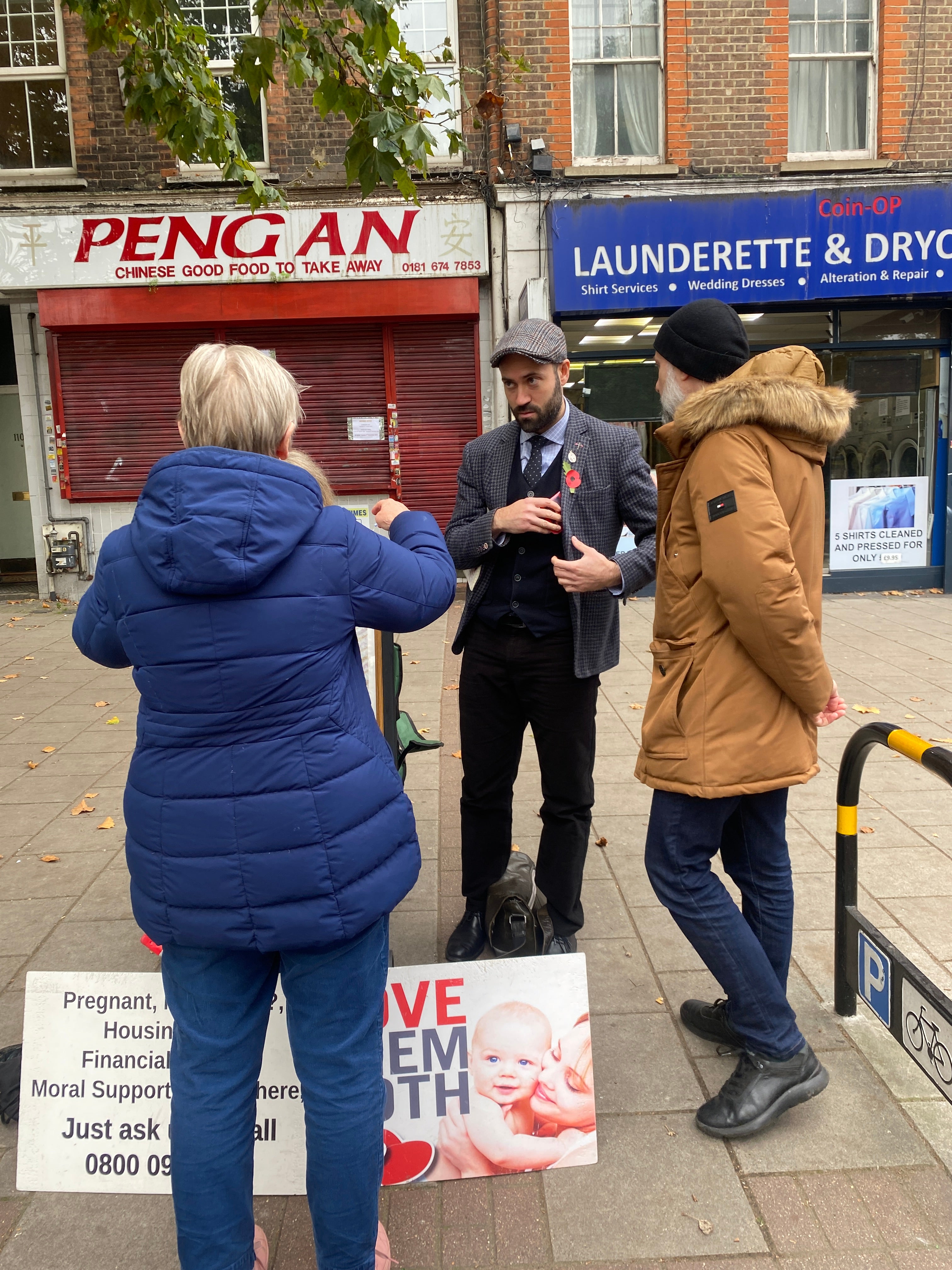
Campaigners have hit out at the decision not to automatically ban silent prayer outside abortion clinics when new buffer zones are implemented today.
Under the new measures, it will now be illegal to influence, harass or provoke those using or delivering abortion services within a 150-metre radius of the abortion provider. Those who infringe the new rules can be hit with an unlimited fine.
Pro-choice campaigners had called for a total ban on silent prayer within the zones, arguing a woman using a clinic can feel intimidated by the presence of someone standing in the area praying, even if they are not speaking, but it has now emerged that instances will be dealt with on a case-by-case basis.
The decision has led to claims that the measures have been “watered down” and the lack of a total ban on silent prayers “defeats the point” of the buffer zones.
“Women and people accessing abortion need to be able to access it privately, in a confidential way, and not face intimidation while they access care,” Dr Sonia Adesara, of campaign group Doctors for Choice UK, told The Independent. “It is not fair and there are no other parts of healthcare where people endure this.”
Dr Adesara, a GP in London, said allowing silent prayer in the buffer zones is not fair for those accessing abortion services or staff working at the clinics.

She added: “If they want to do prayers then they shouldn’t do that in buffer zones. The whole point of the buffer zone is to have privacy for those accessing care. It defeats the point if silent prayer is allowed.”
Dr Adesara said she thought the argument about enacting buffer zones outside clinics had already been won and she would be very disappointed if the measures were “watered down” to allow silent prayer.
“For some women having an abortion won’t be an easy decision,” she added. “It can be a very difficult decision. They will already be going through a lot of emotions – to add to that with people praying outside the clinics is not fair.”
“With regard to so-called silent prayer, we hear from women regularly who tell us they absolutely do experience this behaviour as harassment and feel distressed as a result, whether the anti-abortion groups consider their actions to be a form of prayer or not,” Louise McCudden, of MSI Reproductive Choices, told The Independent.
“It’s right that the police use their judgement and consider incidents on a case-by-case basis, but we would expect most examples of what anti-abortion groups call ‘silent prayer’ to be moved along by the police.”
Crown Prosecution Service guidance states that a person carrying out activities in a buffer zone such as silent prayer “will not necessarily commit a criminal offence”.
It adds: “Prosecutors will need to consider not only all the facts and circumstances of the particular conduct but also the context in which the conduct takes place.”
Outside an abortion clinic run by leading provider MSI Reproductive Choices in Brixton in south London on Wednesday, four protesters could be seen quietly reading from booklets to voice their opposition to abortions.

Healthcare providers recently told The Independent that anti-abortion activists have ramped up protests outside clinics in the wake of the previous government’s failure to introduce “buffer zones” outside abortion clinics.
MPs voted in favour of nationwide buffer zones outside abortion clinics in England and Wales in October 2022 but the Home Office under the previous Tory government did not implement them.
In March 2023 MPs rejected attempts to allow silent prayer in the zones, voting down an amendment from a group of Tory and DUP MPs aimed at ensuring no offence is committed if a person is “engaged in consensual communication or in silent prayer” outside the clinics or hospitals offering abortion services.
A CPS spokesperson said: “The CPS will take seriously any allegations of criminality associated with protests but will balance this against the right to peaceful and lawful protests, when applying our legal test.
“We have issued legal guidance to prosecutors to reflect this balance following on from the new legislation that has been passed on protests outside places providing abortion services.”







